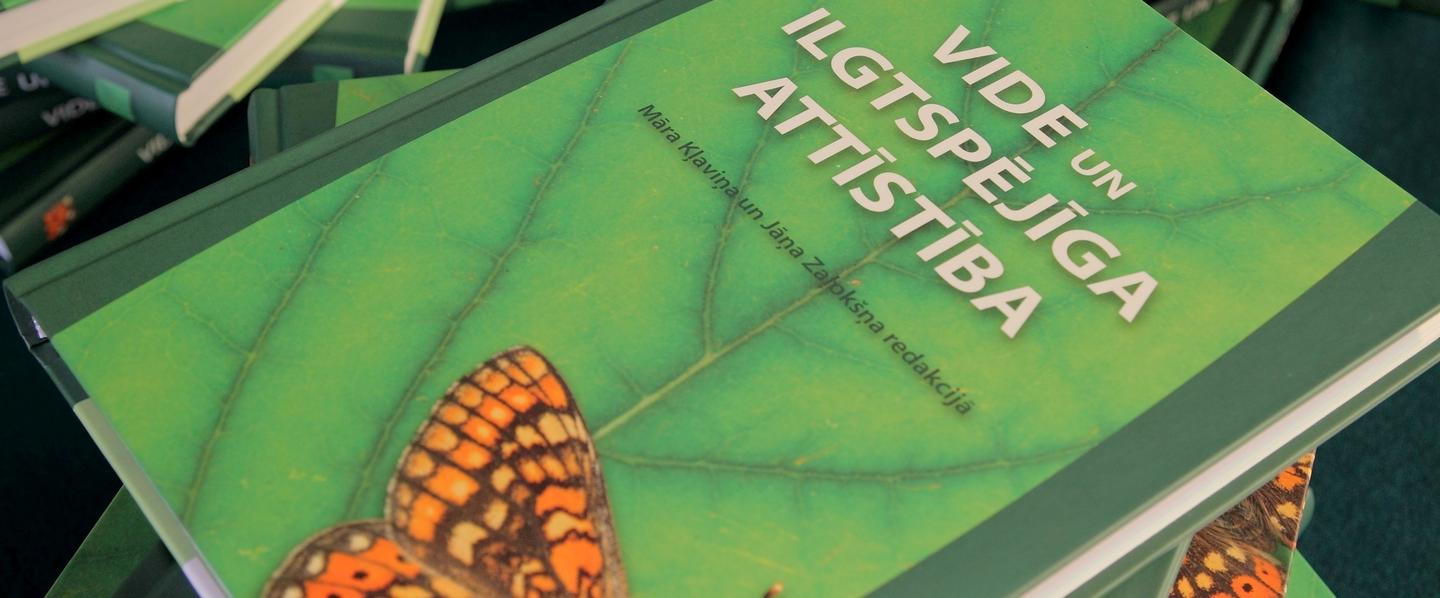Until recently, a mere 1.5% of all students in Latvia chose courses in environment and sustainable development at university level. In order to improve environmental education at university level in the country and encourage students to study environmental science, the University of Latvia has developed study courses in environmental science and sustainable development for universities and higher education institutions in Latvia in a Norway Grants- financed project. “New generations need to know what the real state of the world is, and how to avoid possible difficulties in the future,” says Professor Maris Klavinš, senior expert of the project.
8 academic textbooks published
The project has been implemented in partnership with a network of 220 universities in 14 countries in the Baltic Sea Region. During the course of the project, environmental scientists and educators from several European universities, including those of Hamburg, Oslo, Uppsala, Saint Petersburg, and Tallinn, have been invited to provide advice on how to best teach environmental science.
These consultations have resulted in the development of 8 academic textbooks:
- “Environmental Education at Universities”;
- “Environmental Pollution and its Impact”;
- “Environmental Technologies”;
- “Ecology”, “Nature Protection”;
- “Environment and Economy”;
- “Environmental Management”; and
- “Environment and Sustainable Development”.
The latter book, "Environment and Sustainable Development", has been published in both English and Latvian, and has been distributed to universities in the Baltic Sea Region, the USA, Australia, Africa and Asia.
E-learning tools and teaching guides
The project has also involved the development of curricula, e-learning tools and teaching guides, as well as the organisation of both national and international conferences to discuss environmental education and introduce the educational package on environmental science and sustainable development resulting from the project.
Photo: Launching of the Latvian edition of the book „Environment and Sustainable development”. Photo courtesy of the University of Latvia.
